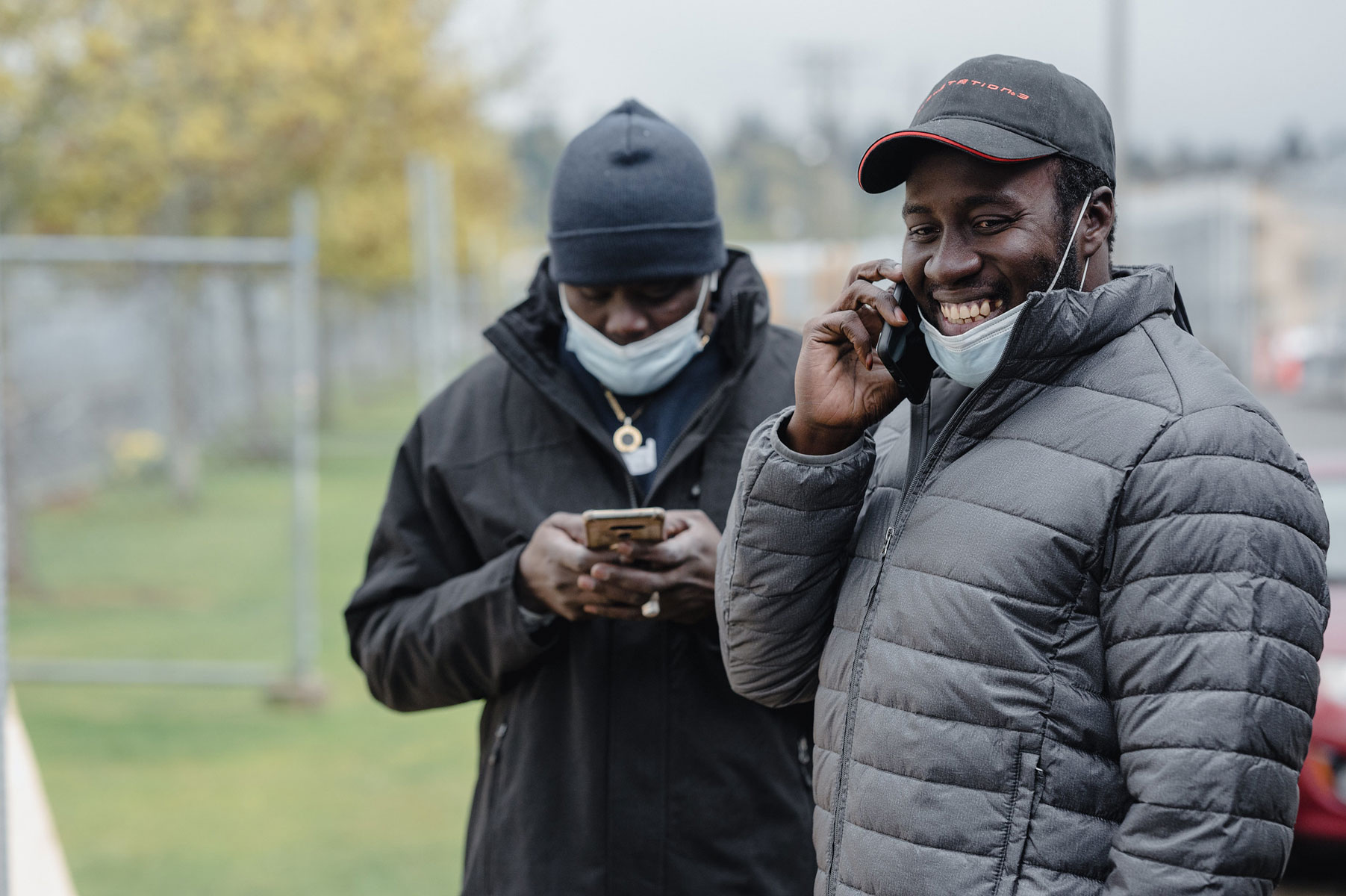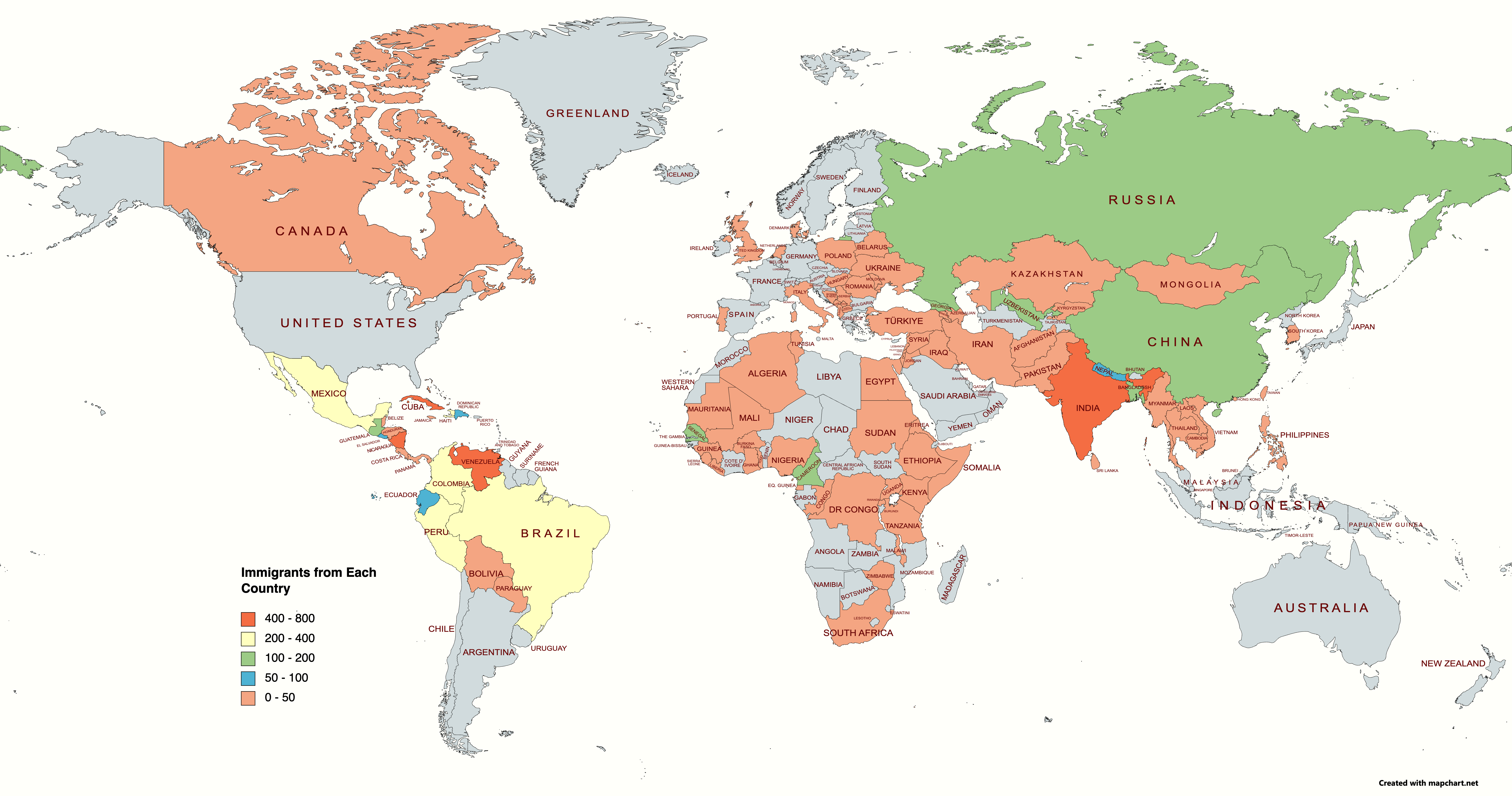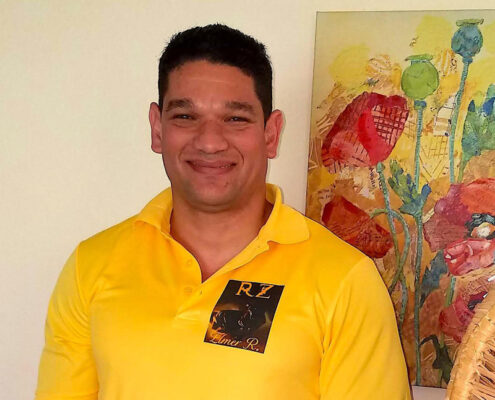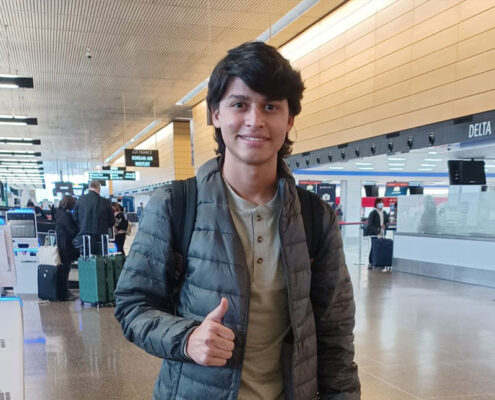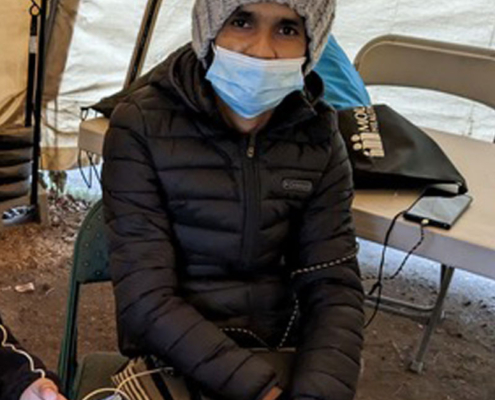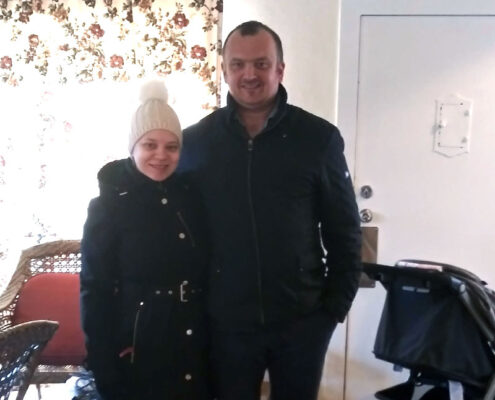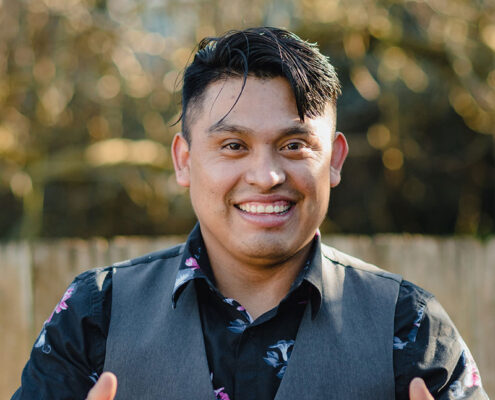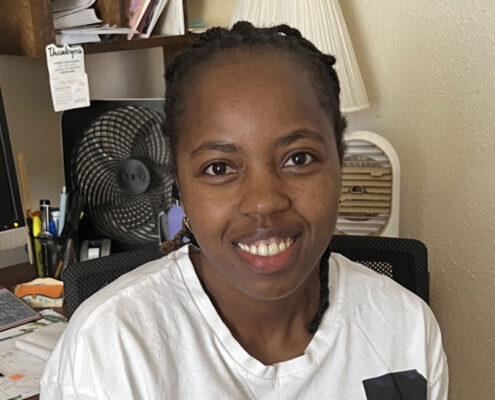OUR IMPACT
Supporting Immigrants Seeking a Better Life
The Northwest ICE Processing Center (NWIPC) is a federal ICE (Immigration and Customs Enforcement) Detention Center in Tacoma, Washington, operated by the privately owned GEO Group. As the fourth largest immigration detention center in the United States, its capacity is 1,575 detained immigrants.
Immigrants, mostly asylum seekers, arrive at the Tacoma detention center from all over the world. Upon arrival, their personal belongings are removed; they wear a uniform. Detained immigrants pay for phone use to contact family or legal help for their asylum cases. They must purchase personal items at the commissary. Most have not experienced detention, thus feel vulnerable and isolated. Detained persons often wait weeks, months, or even years for release, either on asylum or to await their case processing with family or sponsors.
AIDNW’s immigrant assistance programs have immediate positive impact for immigrants detained in and released from the NWIPC, by connecting them to family, resources, and to our community.

